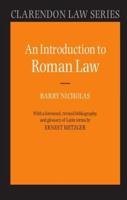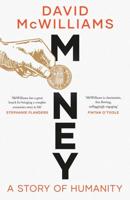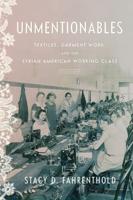Publisher's Synopsis
What happened to the culture of common law and English barristers in the long eighteenth century? In this wide-ranging sequel to Gentlemen and Barristers: The Inns of Court and the English Bar, 1680-1730, David Lemmings not only anatomizes the barristers and their world; he also explores the popular reputation and self-image of the law and lawyers in the context of declining popular participation in litigation, increased parliamentary legislation, and the growth of the imperial state. He shows how the bar survived and prospered in a century of low recruitment and declining work, but failed to fulfil the expectations of an age of Enlightenment and Reform. By contrast with the important role played by the common law, and lawyers, in seventeenth-century England and in colonial America, it appears that the culture and services of the barristers became marginalized as the courts concentrated on elite clients, and parliament became the primary point of contact between government and population. In his conclusion the author suggests that the failure of the bar and the judiciary to follow Blackstones mid-century recommendations for reforming legal culture and delivering the Englishmans birthrights significantly assisted the growth of parliamentary absolutism in government.










